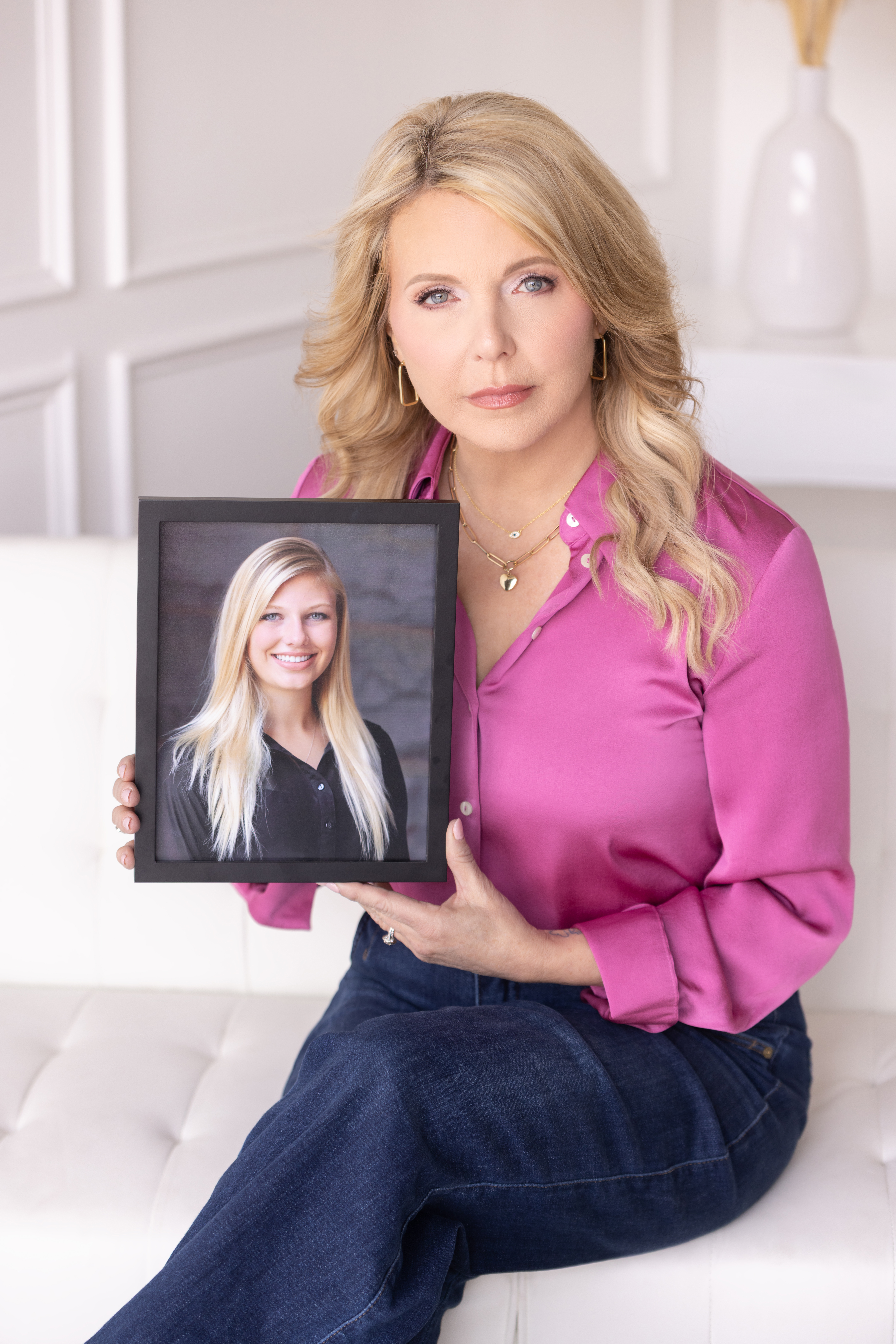I have inadvertently become the “opioid crisis reporter” in the newsroom where I work. This is not by design. Although, when I returned to work one of my main goals was to put together a news special on the opioid crisis. Thanks to the dedication of some of my talented co-workers and the commitment of my TV station, we have done that. Our hour-long “KELOLAND News Special Report: Opioid Crisis” aired in December of 2018: Mission accomplished.
However, the opioid crisis is not going away; not by a long-shot. There are many aspects to this story yet to be covered. People contact me every day to tell me their personal stories of recovery or what they are doing to help others and save lives. Is my commitment to reporting on this crisis complete with one opioid news special? As long as people are dying, I will keep reporting.
Yet, I see the comments on social media–What? This again? We’ve seen this story! Some people’s perception is that I am simply doing the same story over and over again because my daughter died in this epidemic. My daughter’s death certainly did give me a completely new viewpoint on this crisis, in which 72,000 lives were lost in one year. But it is not why I continue to report on this subject. It is for the 192 people who die every day in this country. It is for their mothers, fathers, sisters and brothers, whose heartache I unfortunately know only too well. It is for the 192 a day who will die tomorrow and the day after that, and the day after that… and on and on.
I’ve heard that when opposition gets stronger, you know you’re on the right track. I’m beginning to believe that. It must be uncomfortable for people to be reminded of the many whose lives have been ruined by opiates. Maybe someone in their family is using these painkillers or maybe they are themselves. Getting off of opiates is no easy feat. I recently spoke with an 80-year-old grandmother whose doctor had prescribed fentanyl for her arthritis. That’s right — arthritis! She and her family realized she had to get off this powerful, synthetic opioid and the withdrawal was hell. She said and did things no one ever thought this sweet, little old woman would be capable of saying or doing. She lost all of her hair. But each day, she’s getting better and stronger and she realizes she never needed fentanyl in the first place.
If you’re sick of hearing about this epidemic, that’s a good sign. I want you to be uncomfortable. I want everyone in this country to be so sick and tired of hearing about the opioid epidemic that they actually DO something about it! What can you do, you ask? You can tell your doctor you want to avoid being prescribed any opioid painkillers, unless there is absolutely no other alternative. You can responsibly dispose of your prescription painkillers. You can vote for lawmakers who will allocate funds to treat this epidemic and support legislation that will make it easier for people to get treatment and require insurance companies to pay for it. You can be compassionate for those struggling with substance use disorder and their families. You can take the word “junkie” out of your vocabulary.
Just when I think the world is done hearing about the torch I am carrying and that people are tuning me out, I get a message like the one I did tonight:
I am so glad you are taking a tragedy and doing so much good work with it! I lost my husband five years ago form an opioid painkiller overdose. He was only 44.
He was over-prescribed and under-monitored by these doctors who only care about the money and not human lives and the people they leave behind. God bless you and your family and continue you the good fight. –Linda.
Thanks Linda for giving me that boost to keep on reporting on the opioid epidemic. It came at exactly the right time. I will keep up the good fight for your husband, my Emily, every grieving family and all of those caught up in the throws of opioid addiction.
Hope, Faith & Courage,
Angela


